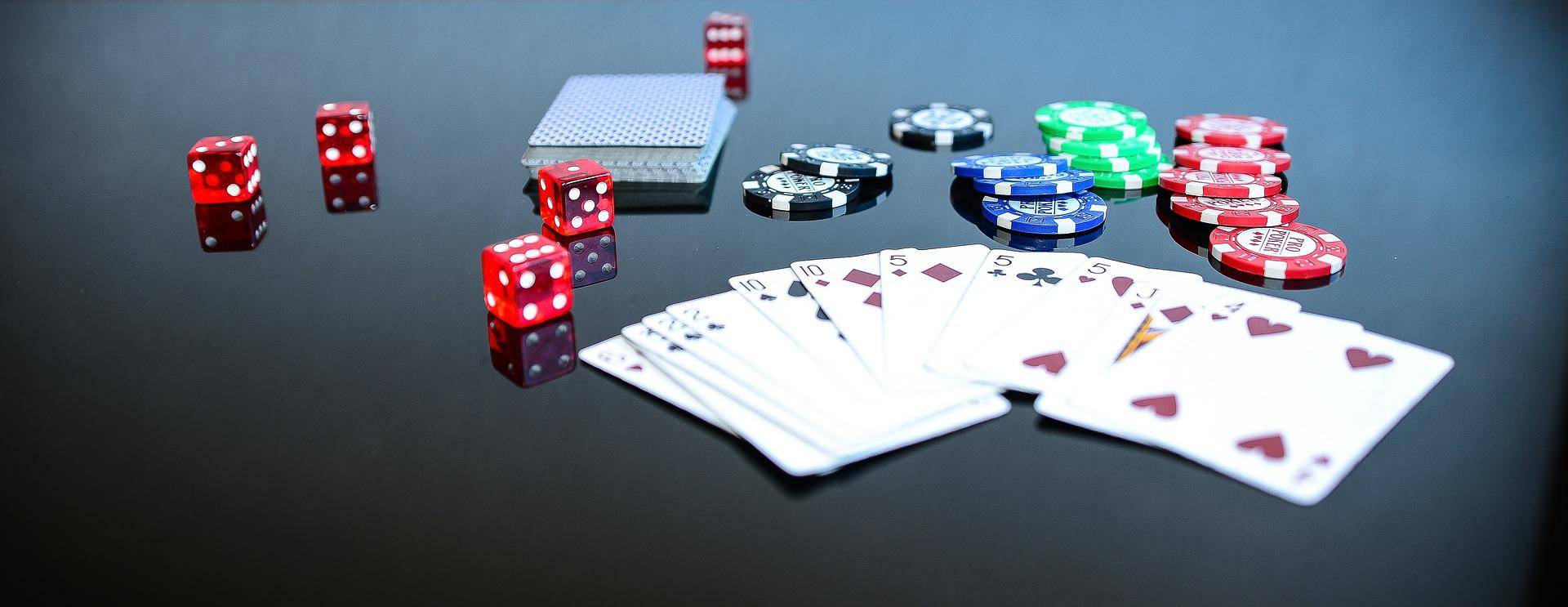Gambling addiction has become such an epidemic that it’s starting to affect the family members of gamblers as well as the gamblers themselves. Because these effects are so widespread, it’s important to know how gambling addiction can negatively impact you and your family members, so you can take measures to prevent and treat it as early as possible. The first step in making sure you don’t develop a gambling addiction is to educate yourself on its various forms and symptoms, as well as how this addiction can affect those closest to you. Read more now.
What is Gambling?
Gambling, also known as gaming, is to risk money on a chance outcome. There are three major types of gambling: social gambling, professional gambling, and problem gambling. Social gamblers bet on events in which they have no personal involvement or investment. Professional gamblers make their living from risking large amounts of money on outcomes that may be out of their control. Problem gamblers gamble alone with little or no possibility of winning. They lose control over how much they gamble and eventually become addicted to it.
Types of gambling
There are two main types of gambling: a casual flutter, like betting on a horse race or lottery ticket, sports betting, casino gambling, and compulsive or pathological gambling. While not everyone who plays games of chance becomes addicted to them, anyone who has an addictive personality is at risk. There’s no clear-cut definition for what constitutes pathological gambling, but most experts agree that it involves engaging in one or more types of gambling that have caused problems in your life.
Research suggests that a person’s personality plays a role in their risk of becoming addicted to gambling. If you think you or someone you know might have a problem with gambling, take our quiz to help figure out if gambling is causing problems in your life. In addition to being at an increased risk for developing a gambling addiction, people who are already addicted to drugs or alcohol are also more likely than others to develop an addiction to gambling. People who have experienced trauma in childhood—such as physical abuse, sexual abuse, neglect, or exposure to domestic violence—are also at higher risk of developing an addiction. These factors can contribute both directly and indirectly (for example, by increasing impulsivity) to one’s vulnerability to developing compulsive behavior around gambling.
Read more about What treatment would you seek if you were addicted to therapy?
The basics of addiction
If you’re having trouble deciding if your relationship with gambling is an addiction, consider these questions. Are you doing it more than ever? Do you feel a compulsion to keep playing even when it starts costing you? Has gambling become a coping mechanism or replacement for other activities in your life? If so, there is reason to be concerned. For many people, gambling can quickly turn into an addiction that disrupts their lives. One study found that nearly one-third of pathological gamblers have lost a job due to their behavior; another found that over half had financial problems as a result of their habit. So if you think you might have developed an unhealthy obsession with gambling, here are some ways to tell whether it has become a problem:
No matter how much money I win at the casino, I always feel like I haven’t won enough money.
Signs and symptoms
To be diagnosed with a gambling addiction, you must have five or more indicators present in your life. If you’re showing three or four symptoms, there’s a chance that you’re experiencing difficulties with gambling; if there are two or fewer, it may be nothing to worry about. Pay attention to how many signs apply to you at any given time (e.g., over a few days or weeks) as well as over your lifetime. Remember that certain situations can cause an increase in symptoms; for example, don’t confuse regular poker nights with an addiction!
Some common signs include when someone invests increasing amounts of time, energy, and money in gambling; stops spending time with friends or family members; lies about their behaviour or loses interest in other activities they once enjoyed; is preoccupied with going to casinos, online games or betting shops; or uses work to pay for gambling activities. Their mood may also shift depending on whether they’ve won or lost recently. If you notice some of these signs—particularly if someone shows more than one sign regularly—they may have a problem with gambling.
Who’s at risk?
If you’re playing poker with your friends every once in a while, that’s not going to cause any problems. But if you find yourself having trouble getting up for work because you were up until 2 am playing poker online, it might be time to take a step back. If gambling is affecting your relationships, finances, or general well-being, it could indicate that you have a problem on your hands. Don’t ignore these warning signs – get help!
What are some warning signs?
If you’re unsure if you or someone you know has a gambling problem, there are several telltale signs. The first is simple: loss of control. If a person has lost their financial discipline to where they cannot stop themselves from gambling, even when it means putting themselves in serious financial danger, they may have an addiction problem.
Another warning sign is that gambling becomes more important than other things in life. For example, a gambler who spends most of his time at casinos might start neglecting work or family obligations because he feels like he can always make up for them later—or because he just doesn’t care about anything but winning money at that moment. When any activity takes over your life like that, it can be dangerous for both you and those around you.
What to do if you think someone you know may have a problem with gambling
If you think that someone you know may have a problem with gambling, encourage them to seek help. Gamblers Anonymous (GA) is a twelve-step program designed to assist those who feel they have a gambling problem. Gambling can wreak havoc on your life – if you or someone you know has developed an unhealthy relationship with gambling, seek professional advice from a licensed therapist or other qualified mental health professional. Don’t wait; get help today!
Where can I get help?
Do you know someone with a gambling addiction? If so, encourage him or her to get help before it’s too late. Often those who gamble excessively feel embarrassed about their situation, believing they have failed as an adult and will never amount to anything. This is a lie that feeds into their obsession further. What they need is counseling, love, and understanding—not harsh judgment or anger.
Our goal is to provide our patients with the information to make educated decisions about their health and well-being by providing them with effective treatment options and services available.

